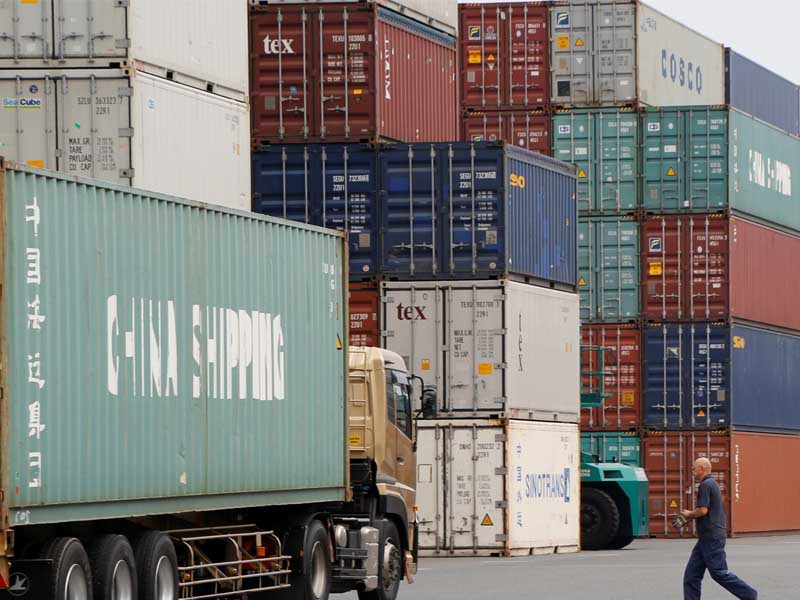
Resilienceapac – Japan’s trade deficit has continued to widen, marking the fourth consecutive year of deficit. According to preliminary statistics released by the Japanese Ministry of Finance on Thursday (23/1), Japan’s trade deficit reached 5.33 trillion yen (approximately $38.6 billion USD) in 2024.
Japan’s trade deficit has decreased by 44.0% compared to the previous year. However, the country’s exports have shown a significant increase, growing 6.2% year-on-year to reach 107.09 trillion yen. This marks the fourth consecutive year of export growth.
The main contributors to Japan’s export growth include a 27.2% increase in semiconductor manufacturing equipment exports, a 3.7% increase in automotive exports, and a 10.6% increase in semiconductor and electronic component trade.
Japan’s imports have also increased, rising 1.8% to reach 112.42 trillion yen. This growth is driven by significant increases in computer-related goods (including peripherals), non-ferrous metal ores, and electric machinery imports, which grew by 31.7%, 14.7%, and 17.2%, respectively.
On the other hand, imports of coal, semiconductors, and crude oil have decreased. This decrease is largely due to Japan’s efforts to reduce its reliance on fossil fuels and promote renewable energy sources.
“Dubai: Digital Logistics Enhancing Efficiency”
In December alone, Japan’s trade balance recorded a surplus of 130.9 billion yen, marking the first surplus in six months. This surplus is a positive sign for Japan’s economy, indicating that the country’s efforts to boost exports and reduce imports are starting to pay off.
Despite this positive sign, Japan still faces significant challenges in its efforts to overcome its trade deficit. The country’s economy is heavily reliant on exports, and any disruptions to global trade could have a significant impact on Japan’s economy.
Furthermore, Japan’s population is aging rapidly, which could lead to a decline in the country’s workforce and a decrease in domestic demand. This could make it even more challenging for Japan to boost its exports and reduce its trade deficit.
The Japanese government has announced plans to boost the country’s competitiveness and promote economic growth. These plans include increasing investment in emerging technologies such as artificial intelligence and robotics, as well as promoting tourism and foreign investment.
The government has also announced plans to reduce Japan’s reliance on fossil fuels and promote renewable energy sources. This includes increasing investment in solar and wind power, as well as promoting the use of electric vehicles.
Japan’s trade deficit continues to be a significant challenge for the country’s economy. However, with the government’s efforts to boost competitiveness and promote economic growth, there is hope that Japan can overcome its trade deficit and achieve sustainable economic growth.
“Why Are You Called Romeo? A Humorous Twist on Shakespeare’s”
Resilienceapac - Reshaping the Workforce has emerged as a defining achievement in East Asia and the Pacific over the past…
Resilienceapac - The Japan Robotic Revolution is taking center stage as the country faces an escalating labor shortage driven by…
Resilienceapac - Empowering Women through resilient infrastructure is taking center stage in Asia-Pacific’s development agenda, as highlighted during a recent…
Resilienceapac - Transition Credits are emerging as a vital instrument to support Asia’s clean energy transition. In the very first…
Resilienceapac - Driving Clinical Innovation is at the forefront of Asia-Pacific’s rise as a global hub for clinical trials, powered…
Resilienceapac - Australia Opens Doors to citizens of Tuvalu through a groundbreaking new initiative aimed at addressing one of the…